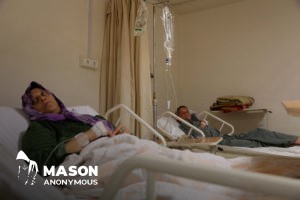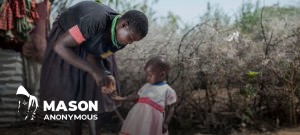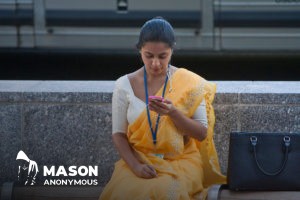The development follows a renewed military push by the UN-recognised Government of National Accord last week to take six key coastal towns and push back the forces of the opposition Libyan National Army (LNA) that have been shelling the capital, Tripoli, home to the country’s main institutions, including the State oil company and central bank.
Stephanie Turco Williams, who heads the UN Support Mission in Libya (UNSMIL), warned that the virus risked overwhelming an already “decimated” health system.
And she told journalists on Thursday that the situation for people who are impacted by the fighting while under lockdown, is getting worse; some of the heaviest shelling is in the southern suburbs of Tripoli, but it is also being felt downtown, she said:
‘Horrible, intense shelling’
“You have a situation now where the population is under a 24-hour curfew because of the pandemic. You have families who have been displaced from their homes in southern Tripoli multiple times, moving further and further into densely populated areas…and now being affected by this horrible, intense shelling and the appearance on the battlefield, of new weapons being brought in from outside.”
Although the new coronavirus has interrupted UN-led talks between the warring sides, Ms. Williams insisted that there was “ongoing contact” with all those engaged in all discussions.
She herself had also been “in direct contact” with both LNA leader General Haftar – at the helm of the LNA’s attempt to begin the assault on Tripoli just over a year ago – and Prime Minister Fayez al-Sarraj, to “urge them to substantively respond” to the draft ceasefire proposal tabled by UNSMIL at the close of the second round of recent military talks in Geneva, the UN negotiator said.
“What we have now is a perfect storm of an ongoing, in fact escalating conflict, that is directly being fuelled by external parties”, said the UNSMIL chief. “It’s really now much more of a burgeoning proxy war; we have divided institutions, disfunction, corruption, a struggling economy, no oil revenues, – very few oil revenues coming in since the blockade was imposed in mid-January – the country has lost $4 billion in oil revenues.
“Last but not least, we have a pandemic which is stretching an already decimated health system.”













